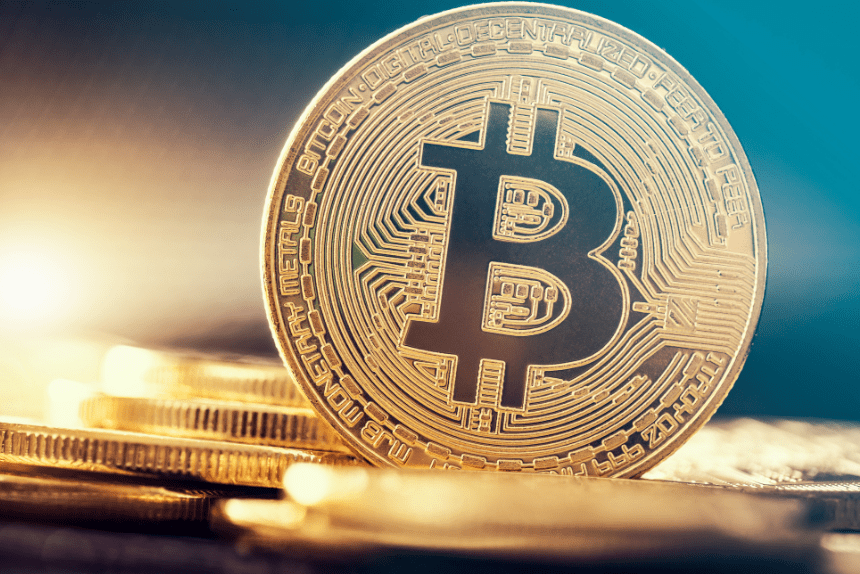By permitting the inclusion of gold, real estate, private equity, and cryptocurrency in employer retirement plans, President Donald Trump is expanding investment options for regular Americans. Trump gave regulators instructions on Thursday to look into ways to encourage companies to provide these alternative assets in 401(k) plans. His administration wants to provide workers access to investing opportunities that were previously only available to big investors and the rich.
- What Effect Might This Change Have on Employees’ Retirement Plans?
- What Dangers Come with Including Cryptocurrency in Retirement Accounts?
- How Will the Department of Labor Contribute to the Procedure?
- Why Do Some Companies Refuse to Provide These Investment Choices?
- Concluding Remarks on Trump’s Campaign for Alternative Assets and Crypto
What Effect Might This Change Have on Employees’ Retirement Plans?
The goal of Trump’s new directive is to expand the investment choices accessible to employees enrolled in retirement plans. 401(k) plans have traditionally prioritized conventional assets such as equities and bonds. Employees might diversify into riskier, non-traditional investments like cryptocurrencies with the proposed modifications. By doing this, businesses that provide these assets may be able to access new funding sources and new investment opportunities. However, detractors caution that workers may become susceptible as a result of these riskier investments. Here is the link to our article on Crypto Theft Investigation.
What Dangers Come with Including Cryptocurrency in Retirement Accounts?
Although some people find the notion of using alternative assets to diversify retirement savings intriguing, others contend that it might put employees at serious risk. Private equity, cryptocurrencies, and other non-traditional investments frequently have lower transparency standards, higher costs, and greater volatility. The dangers and complexity of managing retirement funds may rise as a result. Financial advisors warn that workers might lack the knowledge necessary to handle these investments, endangering their long-term savings.
How Will the Department of Labor Contribute to the Procedure?
180 days have been granted to the Department of Labor to examine the existing regulations about 401(k) retirement funds. The review process is a step toward expanding investing alternatives, but experts say any major changes won’t be realized right away. Notably, alternative asset managers Apollo Global and Blackstone have already joined forces with investment management firms like Vanguard and State Street to begin providing retirement funds with a private equity focus. This suggests that the industry may soon change. Here is the link to our article on Trade Tariffs Emergency.
Why Do Some Companies Refuse to Provide These Investment Choices?
In the past, a lot of businesses have refrained from allowing high-risk investments in retirement funds, such as private equity and cryptocurrencies. These assets can be less liquid, making it more difficult to turn them into cash, and they frequently have higher costs. Additionally, employers are wary of these alternative investments due to unclear rules. These worries might be allayed by the Trump administration’s efforts to amend the regulations, but employers will probably need some time to adjust.
Concluding Remarks on Trump’s Campaign for Alternative Assets and Crypto
Cryptocurrency has significantly altered the way Americans save for retirement as a result of Trump’s initiatives to include it and other unconventional investments in retirement plans. Although it might provide employees with additional choices, it also raises questions about the possible dangers. Employers and employees will need to consider the advantages and disadvantages of diversifying retirement assets into sectors like private equity and cryptocurrency as the Department of Labor examines these changes.








